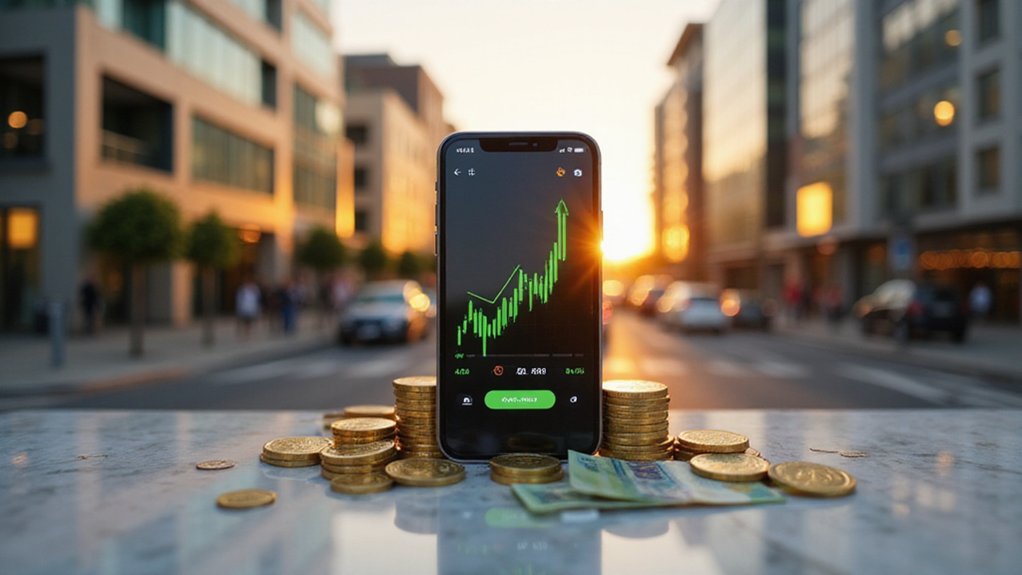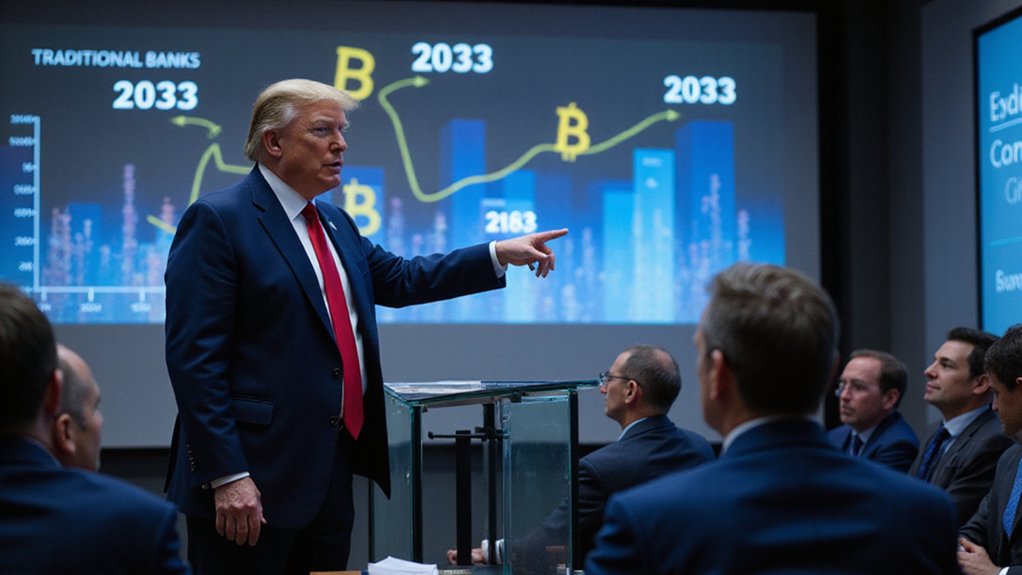Few financial platforms have managed to simultaneously frustrate regulators, delight retail investors, and pivot their entire European strategy around tokenized assets—but Robinhood has accomplished this trifecta with characteristic audacity.
The platform’s mid-2025 European expansion transforms its previously crypto-only offering into an all-encompassing investment app serving over 400 million people across 30 EU and EEA countries. This isn’t merely geographic expansion—it represents a fundamental reimagining of how Europeans access US markets through blockchain infrastructure.
Robinhood’s Stock Tokens, built on Arbitrum’s Layer 2 blockchain, offer EU customers commission-free exposure to more than 200 US stocks and ETFs with an intriguing twist: 24/5 trading access that transcends traditional market hours. These tokenized securities maintain dividend payments while eliminating conventional brokers—a development that would have seemed fantastical just years ago.
Tokenized US securities with round-the-clock trading capabilities—transforming how Europeans access American markets through blockchain infrastructure.
The company’s proprietary Layer 2 blockchain development signals even grander ambitions. Based on Arbitrum technology, this infrastructure promises 24/7 trading capabilities, seamless cross-chain interoperability, and enhanced self-custody options. The goal extends beyond mere efficiency gains; Robinhood envisions fundamentally reducing costs while optimizing real-world asset tokenization.
Simultaneously, the platform expanded its crypto arsenal with perpetual futures contracts and staking services across EU and US markets. The crypto perpetual futures feature up to 3x leverage with routing through Bitstamp’s exchange infrastructure to accommodate active traders. This dual-pronged approach—tokenized traditional assets alongside advanced crypto instruments—positions Robinhood as something approaching a thorough digital financial hub.
CEO Vlad Tenev’s stated vision of making crypto “the foundation of the global financial system” might sound hyperbolic, yet the company’s execution suggests serious intent. By lowering barriers to both crypto and US stock exposure in Europe, Robinhood addresses genuine market inefficiencies while betting heavily on blockchain’s disruptive potential. Unlike traditional financial systems that rely on banks and intermediaries, Robinhood’s approach leverages smart contracts to automate operations and reduce counterparty risk. The company’s financial confidence is underscored by its authorization of a $500M buyback program, demonstrating strong faith in its strategic direction.
Analyst sentiment remains positive, with shareholders apparently embracing this blockchain-centric pivot. The strategic positioning reflects calculated risk-taking: traditional finance meets tokenization in ways that could either revolutionize European investing or serve as an expensive lesson in regulatory complexity.
Whether this bold venture succeeds depends largely on European regulatory acceptance and user adoption—two variables that have historically proven unpredictable when innovative financial platforms attempt to democratize investing through emerging technologies.









